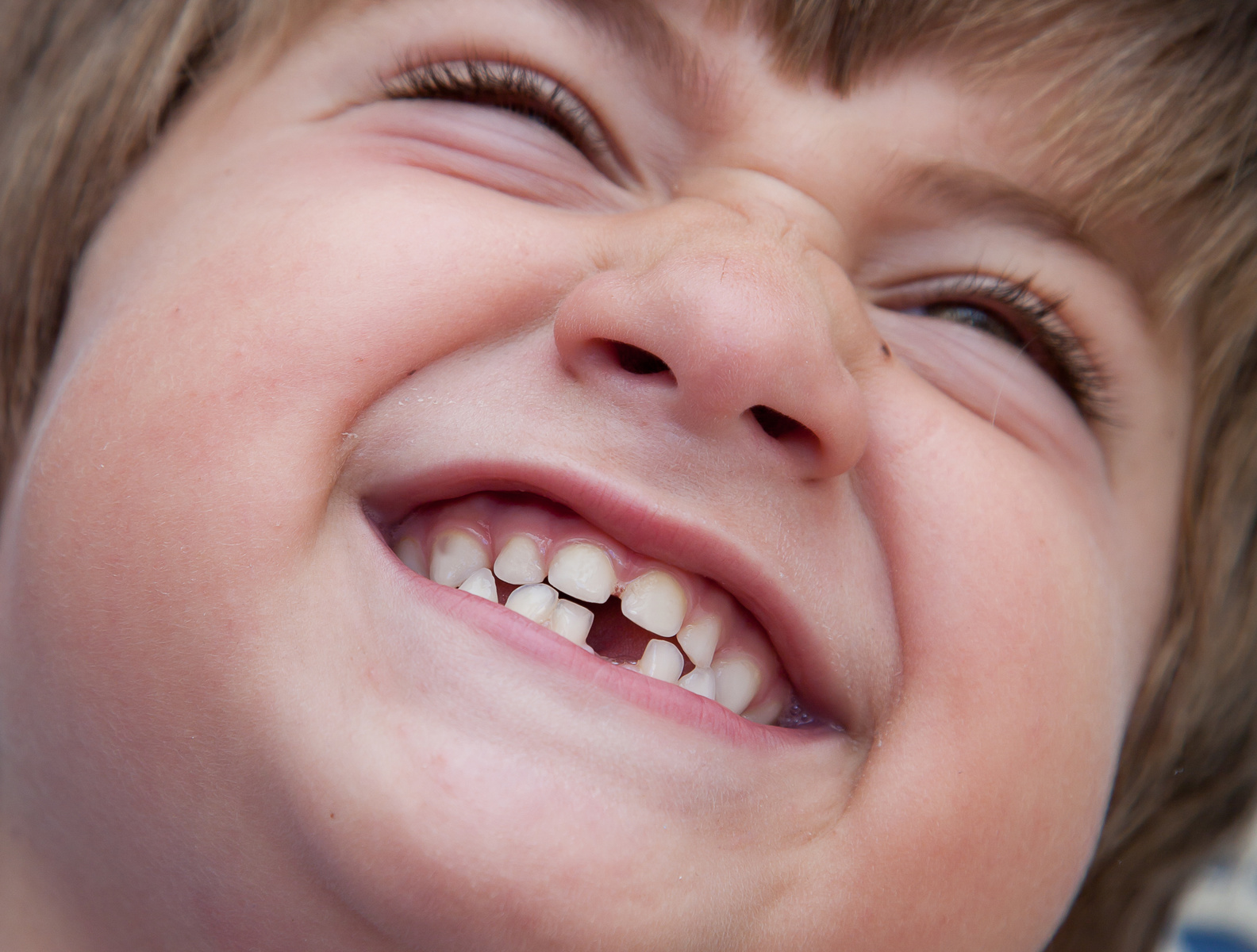The first visit to the dentist can make a child apprehensive. Very often the parents themselves are also nervous because of this. Not at all. It is enough to adequately prepare the child for the appointment with the dentist beforehand, while at the same time explaining how important it is to take care of healthy teeth.
When to go to the dentist for the first visit?
An appointment can be made when the child's first incisors have erupted. The dentist will then assess the teething process and explain how to prevent caries at this early stage. It is, however, compulsory to visit the dentist when the child is three years old - in practice this is the child's first contact with the dentist and the dental surgery. During the visit, the dentist assesses the state of the child's teeth, paying attention:
- whether the teeth have developed properly,
- whether a malocclusion is present,
- whether caries has appeared.
What does an adaptation visit consist of?
The first visit should be planned and the child must be prepared for it beforehand. Never wait until a visit becomes necessary - when a tooth starts to hurt or decay appears. It will then be more difficult to convince the child to see the dentist.
Usually the adaptation visit lasts about 15 minutes. Initially, the dentist tries to inspire the child's confidence by telling them about the tools and their work, but also about how to take proper care of their teeth. After the initial familiarisation, the dentist assesses the state of the child's teeth, and if there is a need for treatment, this only takes place at the next visit.
What is the role of the parent during the first visit?
During the first visit, the child should be accompanied by a person who does not himself feel any fear of the dental surgery. The fear of the adult can very quickly arouse anxiety in the child, who will immediately adopt a reluctant attitude, making the visit itself an unpleasant experience.
When taking the child to the dentist, the parent should explain to the child where he or she is going and for what purpose, but in words and in a manner appropriate to the child's age - it is good to arouse the child's curiosity. It should never be mentioned that dental treatment can involve pain, and if the child asks about it himself, then it should be pointed out that it is temporary and there is really nothing to be afraid of. Very often, in order to give the child courage, there are forms of reward for the visit which the dentist gives to the child, but which the parent should also take care of.
Remember! The experience of the first visit determines the child's attitude towards the dentist and very often also translates into attitudes in adult life. Unpleasant experiences can even become the cause of so-called dentophobia.


